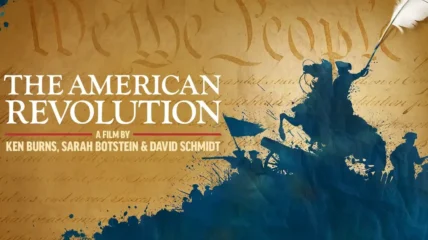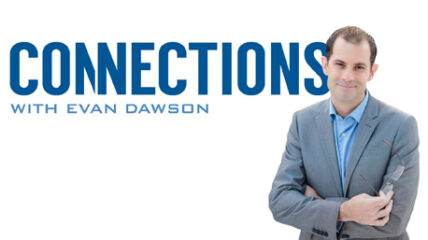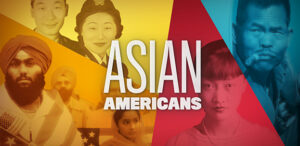Description
History documentaries transform research into powerful films that bring the past to life and help make sense of complex topics. To coincide with the commemoration of the 250th anniversary of the Declaration of Independence, join National History Day and PBS member station KQED, and PBS LearningMedia to explore how student-created history documentaries can help your students share their voice, knowledge, skills, and creativity.
When: Tuesday, December 9, 2025 7:00-9:00 PM EST Virtual Training via Webinar
What you’ll do:
- Explore ready-to-use curriculum using National History Day’s 2026 theme of Revolution, Reaction, Reform in History and the Revolutionary Era as a case study
- Practice video pre-production strategies
- Start a sample mini-documentary you can use as a model with students
What you’ll get:
- National History Day’s documentary projects
- Modifiable curriculum and resources in English and Spanish for PBS LearningMedia’s The American Revolution Youth Media Challenge (hosted by KQED)
- No-cost access to web-based video tools
- A copy of the presentation deck to modify and use with students
- A PDF letter of attendance–verifying 2 hours of attendance–to submit to your district or administration for approval towards professional development credit. (Requirements for professional development credits vary, so check with your district and/or state.)
- Ongoing facilitator support for technical and classroom implementation questions, as needed
Designed by educators for educators, KQED’s well-paced workshops provide ready-to-use resources, instructional strategies, and genuine interaction with experienced and dynamic facilitators.
Speakers
- KQED Education
- National History Day
- PBS LearningMedia
KQED is a nonprofit, public media station and NPR and PBS member station based in San Francisco. As a leader in media innovation, KQED provides free standards-aligned classroom content and professional development that educators can trust. Our workshops and courses help educators in all roles, subjects and grades strengthen their media literacy skills, empower youth voices, and encourage civil discourse. Learn more at kqed.org/education.
National History Day®, a world leader in history and civics education, is a nonprofit education organization improving the teaching and learning of history. NHD reaches more than half a million students and tens of thousands of teachers each year via its international student history contest and its wide range of teacher professional development programs, curriculum tools, and other educational activities.
PBS LearningMedia, a partnership of PBS and GBH, is an online destination that offers free access to thousands of resources from PBS stations and partners. These digital tools are designed to complement classroom instruction — from videos, images, and interactives to lesson plans, articles, and primary sources. Available for free to all educators PreK through 12th grade, PBS LearningMedia offers classroom-ready content aligned to state and national standards, compatible with the tools teachers use most, such as Google Classroom, and contextualized with supporting materials. Learn more at pbslearningmedia.org.
Questions about the event? Email education@kqed.org









